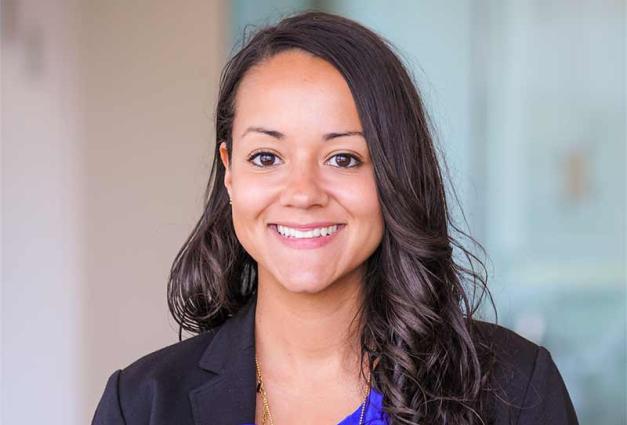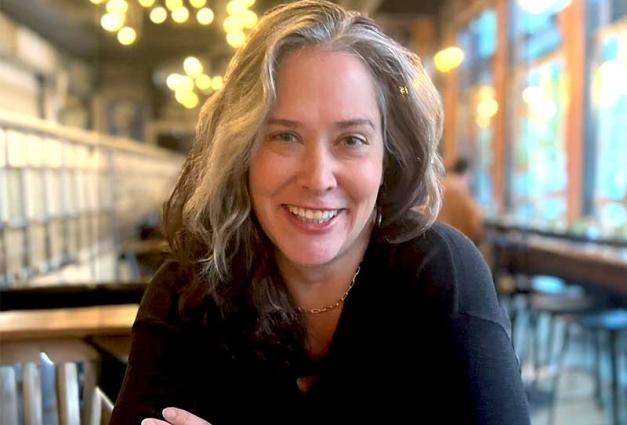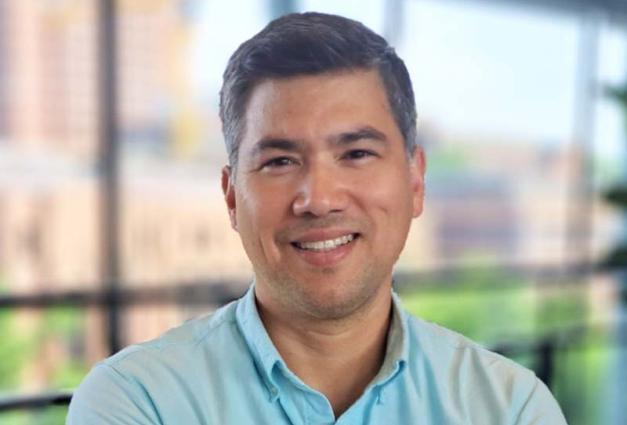Eliane Boucher earned her Ph.D. in Social/Personality psychology from Queen’s University in Kingston, Ontario in 2009. Her research focused on the impact of individual differences in social interactions and close relationships. After spending just over ten years in academia, teaching at both the University of Texas Permian Basin and Providence College, she transitioned to the world of digital therapeutics. Eliane is a single mom to two boys, an avid hiker, and a craft beer snob.
Do you have a favorite SPSP Convention memory or story?
My first SPSP convention was back in 2004, as a brand new graduate student. I remember feeling a little overwhelmed with everything, but so excited to be joining this world. The moment that sticks out for me was during my poster session where I was presenting some work on interpersonal sensitivity and computer-mediated communication, and I looked up to see Judy Hall standing in front of me, telling me she rushed over from her poster to come see mine. It was the first time I got to meet one of my research idols in person, and I remember feeling so surprised that she had come to see me, not the other way around. That to me is the SPSP conference in a nutshell, it's a welcoming space where new social and personality psychologists can interact with the people they've admired, often in a low pressure, non-hierarchical manner.
Can you recall a moment, experience or person that influenced you or led you to decide that personality and social psychology was the path for you?
I used to think I wanted to be a forensic psychologist—I had my graduate career all planned out until I took an advanced research methods course as a sophomore at Dalhousie University. In that course, I had the privilege of being introduced to Jeff Hancock, who was a graduate student studying computer-mediated communication, a topic I was interested in for my project. After this semester, Jeff and his advisor, Phil Dunham, took me under their wing and I was lucky enough to conduct independent research and assist them in studies they were doing. It was in doing this work that I became convinced social/personality psychology was really where I belonged, and that interpersonal communication and relationships was the kind of research I was passionate about. It’s a good reminder that undergraduate research experiences are so valuable, and that, as mentors, we really have the opportunity to influence the trajectories undergraduate students take. I wouldn’t be where I am now if it weren’t for Jeff and Phil.
Do you have any advice for individuals who wish to pursue a similar career path in social psychology?
I’ll answer this question from the perspective of my new career path in industry. I know when I attended graduate school, there was virtually no discussion of career options outside of academia, even though many of my peers weren’t getting hired in academia. I don’t think my experience was unique, and from conversations I’ve had with graduate students, it’s getting a bit better, but we still have a long way to go. So my advice to people—graduate students and even current academics—is that there are other options out there, and it’s never too late to make the transition. Social psychologists have lots of valuable skills that we can offer in a wide range of fields, we just need to learn to identify and sell those skills. Academia is not our only option.
What’s the best advice you have ever received?
Not to ever silence myself for fear of being too much, but to also know when to call on and defer to others.
What career path would you have chosen if you had decided to not pursue psychology?
I still sometimes dream about becoming a travel blogger—getting to travel the world, finding the best hikes, and having someone pay me to do it? Sounds like heaven!
What is the best book you’ve read or TV show or movie you’ve watched recently?
I recently read Ibram X. Kendi’s How to be an Antiracist—I think with everything that is happening in the United States right now, it’s a good resource for us to better understand the ways in which we may continue to uphold racist policies and ideas, even when we purport ourselves to be “not racist.”




